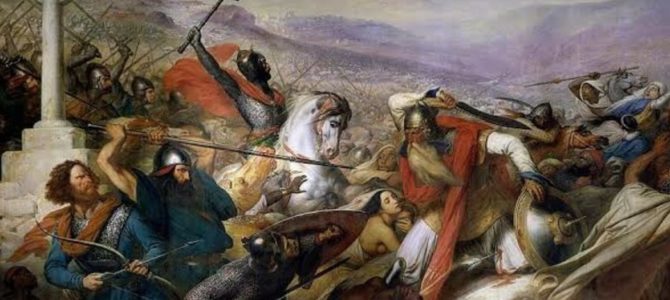When Sen. Dianne Feinstein told now-confirmed Seventh Circuit judge, and potential SCOTUS nominee, Amy Coney Barrett that “dogma lives loudly within you, and that’s a concern,” she wasn’t as much voicing concern over the nominee’s religious orthodoxy as she was her own.
After all, Catholicism, unlike Progressivism, has never inhibited anyone from faithfully executing her constitutional duties — which the judge has done with far more conviction than Feinstein. Maybe Coney should have been asking the questions.
This week, by unanimous consent, the Senate approved a Sen. Ben Sasse resolution that declares it is unconstitutional to reject nominees because of their membership to the Knights of Columbus. This move was instigated by Democratic senators Kamala Harris and Mazie Hirono criticizing President Trump’s nominee for the District Court of Nebraska, Brian Buescher, for being a bit too Catholic for their liking. Membership in the Knight of Columbus, a benevolent society that still clings to antiquated notions about the dignity of human life—from very beginning to the very end—doesn’t exactly adhere to the new progressive moral canon.
Unlike many friends on the Right, I’m less offended by questions regarding dogma and belief. It’s true, that the No Religious Test Clause of Constitution explicitly states that federal government officeholder or employee can’t be required to adhere to or accept any particular religion or doctrine as a prerequisite to holding a federal office or jobs. But it’s also true that the clause directly preceding it requires every federal and state official to take an oath to support the Constitution. Rejecting someone over their faith alone is unquestionably a religious test. Merely asking a nominee whether their beliefs might stop them from fulfilling their Constitutional duties is a relevant question.
For many liberals, though, the problem is that the beliefs of many Catholics, and other adherents of various Christian theologies – or, for that matter, Jewish ones, as well – are increasingly grating against progressivism dogma, not constitutional ones.
As Beto O’Rouke might ask, do the principles of the constitution “still work?” When it comes to religious freedom, they most certainly do not. It’s progressive dogma that leads Harvard-educated Washington Post editor to incredulously ask how traditional Christian schools can even “happen” in contemporary American society. She is not merely questioning whether Second Lady Karen Pence is right or wrong to teach at a Christian school –after all, Americans are free to be critical of people’s faith (well most)—but rather how the existence of a school that adhere to the teachings of a church that counters progressive dogma can exist at all.
This is the same progressive moral dogma that justifies years-long attacks on the livelihood of Christian bakers and florists. It’s the same dogma that justifies coercing nuns to offer the rite of birth control. If one doesn’t adhere to these commandments, the state, the most powerful institution in the world, will sue them into submission.
In this regard, liberals also like claim that those who do allow traditional faith to inform their political views are somehow undermining a tenet of American life. (Well, as long as that traditional faith can’t be utilized for left-wing agenda items like immigration or socialized health care.) As it goes, some of us, even non-believers, prefer the teaching of Jesus to Marx –which in the non-celestial world means free will over coercion. Whatever the case, our backgrounds and beliefs always color our opinions.
The Democratic Party presidential hopeful Tulsi Gabbard, an apostate on this issue, recently argued that if the Knights of Columbus are disqualifying group, “then President John F. Kennedy, and the ‘liberal lion of the Senate’ Ted Kennedy would have been “unqualified” for the same reasons.” Well, not exactly the same reason. The anti-Catholicism of the past was predicated on an aversion to new immigrants, conspiracies about the Pope, and a general long-standing theological distrust between religious denominations. Today, in political arena, only the latter of these reasons is in play, and the denomination isn’t Protestant. The ‘liberal lion of the Senate’ (at least, the latter iterations) wouldn’t be disqualified by today’s standards because in public life, at least, he was a doctrinal liberal.
“There are many people on the left who act like every political fight is going to bring about heaven or hell on earth — and so there are a lot of folks for whom politics is a religion,” Sasse added when his resolution passed. Progressives are the most zealous moralists. And these lines of questioning from Democrats, increasingly prevalent in political discourse, are an attempt to create the impression that faithful Christians, whose beliefs are at odds with newly sanctified cultural mores, are incapable of doing their jobs.
Sasse is right. Political bellum sacrum is here. We’re just not looking at the right people.








